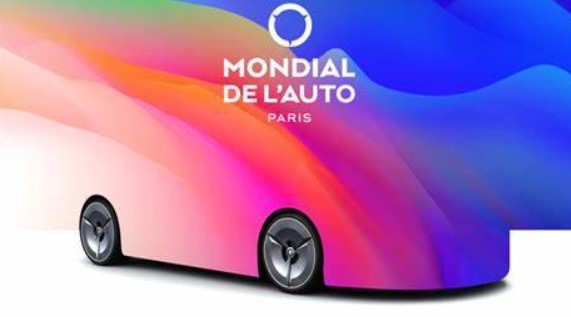PARIS – The Paris Motor Show has always been a grand stage for the automotive industry, and the 2024 edition is no exception. This year, the spotlight shines on the Chinese car industry, which is making significant moves to establish a more robust presence in Europe. Amidst the dazzling array of new models and automotive innovations, Chinese manufacturers like BYD and Leapmotor are unveiling their latest electric vehicles (EVs), signaling a clear challenge to Europe’s traditional automakers. The strategic shift comes at a critical juncture, as the European Union contemplates imposing hefty import tariffs on Chinese-made EVs, a move that could reshape the competitive landscape of the automotive market.
Chinese automakers are not just showcasing their vehicles; they are also announcing ambitious plans to build manufacturing plants in Europe, particularly in Hungary. This move is seen as a direct response to the looming EU tariffs, which could reach up to 45%, significantly impacting the cost competitiveness of Chinese EVs in the European market. By establishing production facilities within the EU, Chinese companies aim to sidestep these tariffs, ensuring their vehicles remain an attractive option for European consumers.
Hungary has emerged as a favored destination for Chinese automotive investments, with BYD announcing a €500-million plant in Szeged and CATL constructing a massive €7.3 billion battery plant in Debrecen. These developments are part of a broader trend of Chinese firms seeking to localize production to better serve the European market and mitigate the risks associated with international trade tensions and tariff impositions.
The choice of Hungary as a manufacturing hub is strategic, offering Chinese companies several advantages. The country’s central location within Europe, coupled with its favorable economic policies and incentives for foreign investors, makes it an ideal base for operations. Moreover, Hungary’s existing automotive infrastructure and skilled workforce provide a solid foundation for these new ventures.
The implications of these moves are far-reaching. European automakers, already grappling with the transition to electric mobility, now face increased competition not only in terms of product offerings but also in manufacturing prowess. The Chinese entry into European production signals a new era of globalized car manufacturing, where the lines between domestic and foreign brands become increasingly blurred.
As the Paris Motor Show (14-20 October) continues, industry observers are keenly watching how these developments will unfold. The Chinese strategy of circumventing tariffs through local production may well set a precedent for other non-European automakers. It also raises questions about the future of trade relations and the automotive industry’s adaptability in an ever-evolving economic and political landscape.
In conclusion, the current Paris Motor Show is more than just a display of automotive excellence; it’s a window into the strategic maneuvers of an industry at a crossroads. The Chinese car industry’s participation and its plans to build cars in Europe, particularly in Hungary, reflect a proactive approach to navigating the complex web of international trade and tariffs.(zai)

